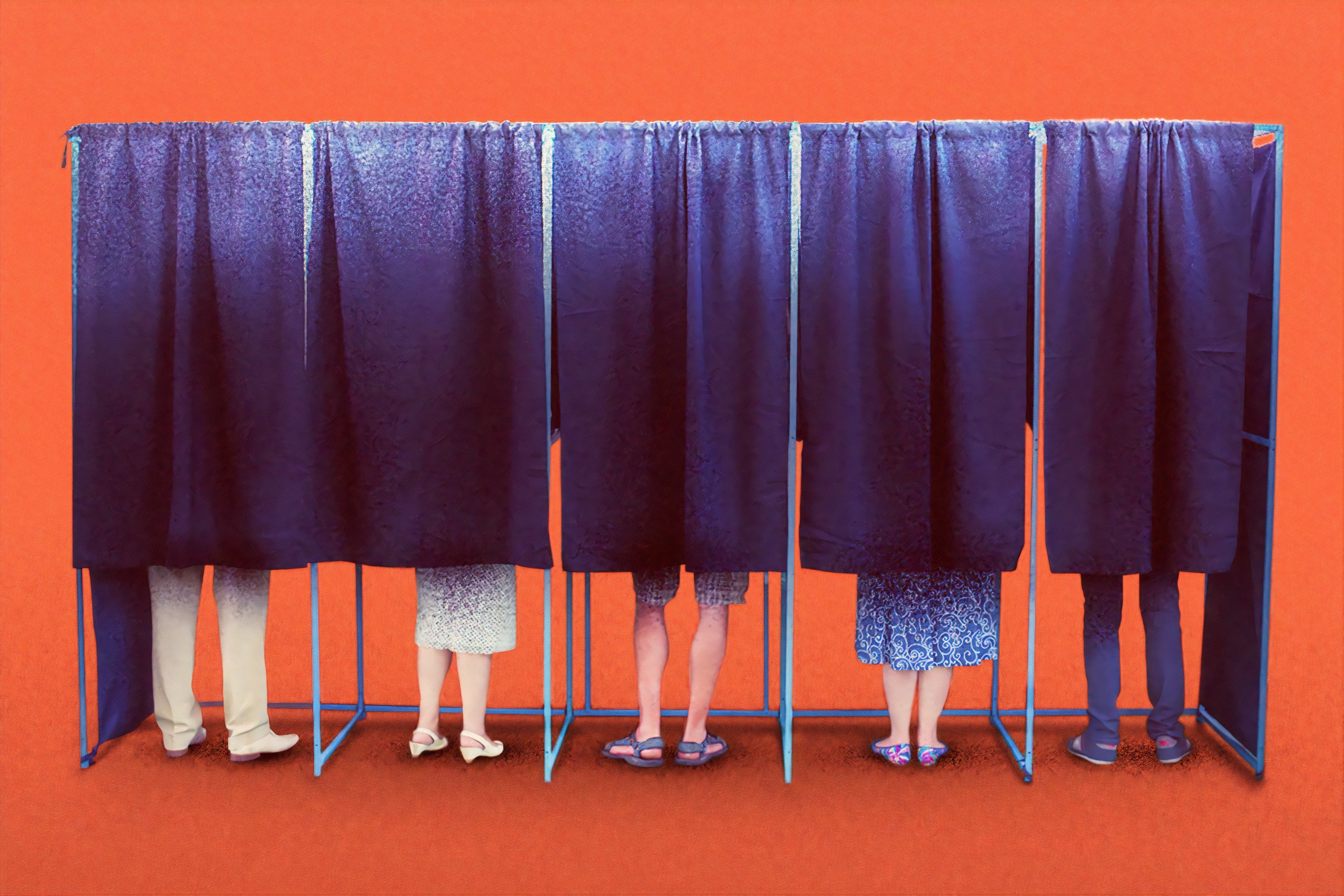Bleak Prospects For Syrian Geneva II Negotiations
By Abdulla Tarabishy
With the Geneva II negotiations set to take place in less than a week, there are several obstacles to the negotiations making any sort of breakthrough.
The first and most crucial obstacle is the possibility that either side might choose not to attend altogether. The Syrian political opposition, known as the Syrian National Coalition (SNC), has continuously vacillated on whether or not it will attend the summit.
The coalition initially said that it would attend if several conditions were met, including the precondition that Assad not play a “role in the transitional period and the future of Syriaâ€, as well as the demand that aid agencies be given access to all besieged areas.
While these preconditions are acceptable to much of the international community, the regime itself would never accept them. So with the date of Geneva II rapidly approaching, and with those conditions yet to be met, the Coalition must decide whether it will attend the summit anyway.
The opposition is facing enormous pressure to attend. It risks being seen by most observers as the side impeding a resolution to the Syrian conflict. The SNC also faces many more tangible pressures. The US and the UK recently announced that their aid could be in jeopardy should the organization choose not to attend.
While the SNC has many other supporters across the international community, alienating the US and the UK would mean alienating two of the five permanent UN Security Council members, as well as losing the diplomatic and political clout that the US has thus far provided for the SNC.
This is the dilemma faced by the Syrian Opposition, and places doubts on whether they will be present at Geneva.
On the other hand, while the Assad regime has accepted, in principle, the Geneva summit, large doubts remain. While it says it will attend, the regime has also said that it will not negotiate with “terrorists,†a name that it has continuously applied to nearly the entire opposition.
The regime also says that a solution will not involve Assad’s departure, a key demand of the opposition. Thus conditions from both parties place doubts on whether either side will attend at all.
Assuming that the two sides do end up going, it is unlikely that an agreement will be reached. A fundamental problem is the lack of credibility on the part of the opposition. The SNC is made up primarily of politicians in exile who have very little credibility on the ground.
Even if an agreement were reached, it is unlikely that many of the rebel organizations fighting on the ground would accept it. The leader of The Nusra Front, Abu Mohammed Al-Julani, confirmed these suspicions when he said that they would “not recognize any results that come out of the Geneva II conference.â€
Most rebel organizations do not even recognize the representation of the SNC, and so the organization has very little leverage in negotiations with the Assad regime.
In fact, its lack of acceptance is the main reason why the SNC has been resisting calls to enter negotiations. It would be a crippling blow to its already weak credibility if it were to reach an agreement with the regime, but were then unable to impose it on its rebel allies.
Another obstacle to the negotiations is the demand, by the regime, that any resolution be put to a referendum. While this demand may seem fair, it would be all but impossible for any semblance of a referendum to be held with Syria in its current state, not to mention that the vote would have to be monitored and deemed fair by both sides.
Ultimately, both sides are so divided on what a potential resolution would look like that a solution is extremely unlikely to emerge from Geneva II, even if both sides show up. Both sides remain convinced that they are only months away from victory.
The reality is that in a civil war, rarely does one side ‘win’. Far more common is the probability that both sides will continue to fight until they are convinced that they cannot win. Only at that point will they finally sit at a negotiating table with the true intention of making peace. The sooner both sides reach that conclusion, the sooner the country can begin the long process of rebuilding.
16-4













2014
1,017 views
views
0
comments